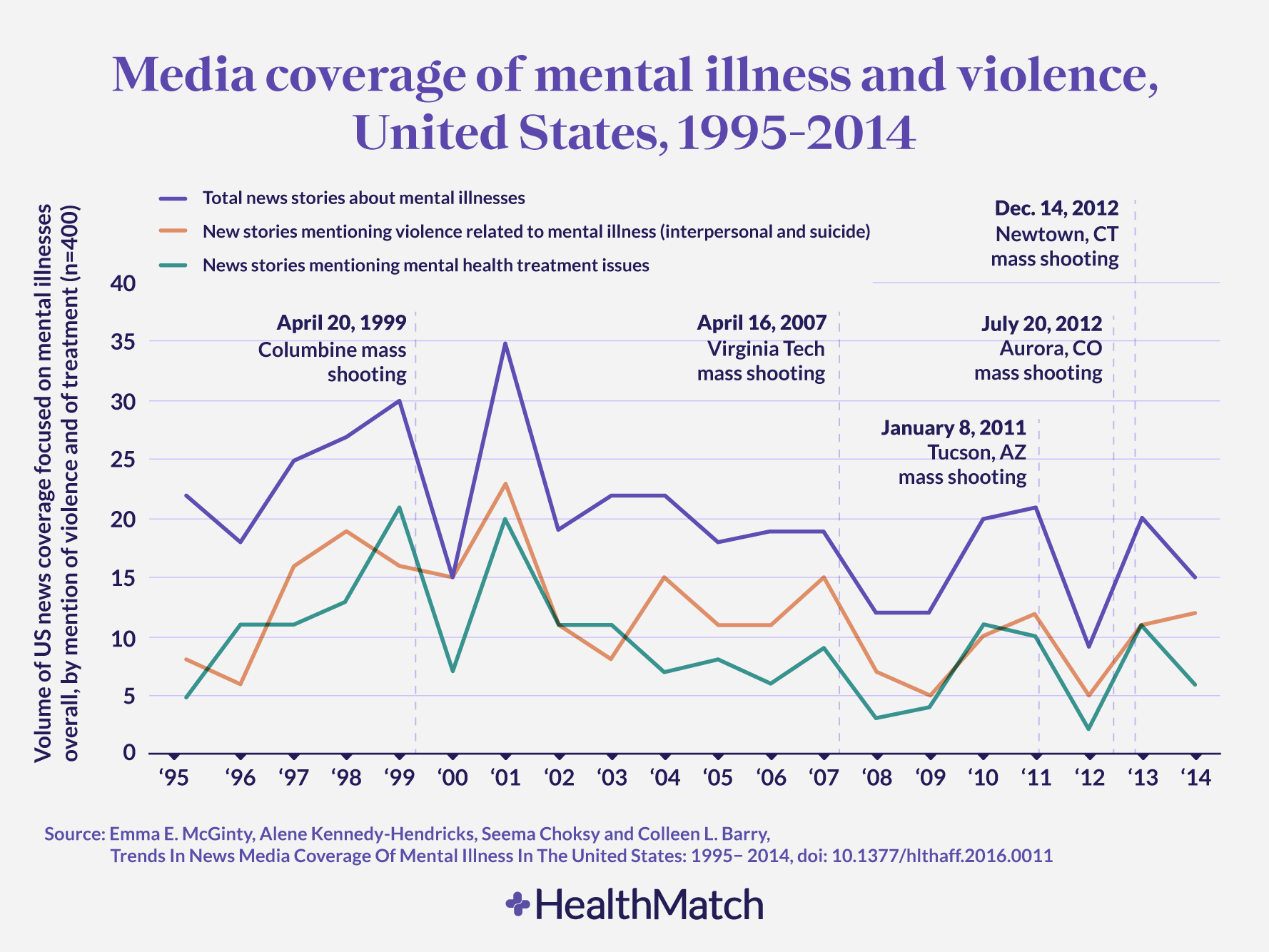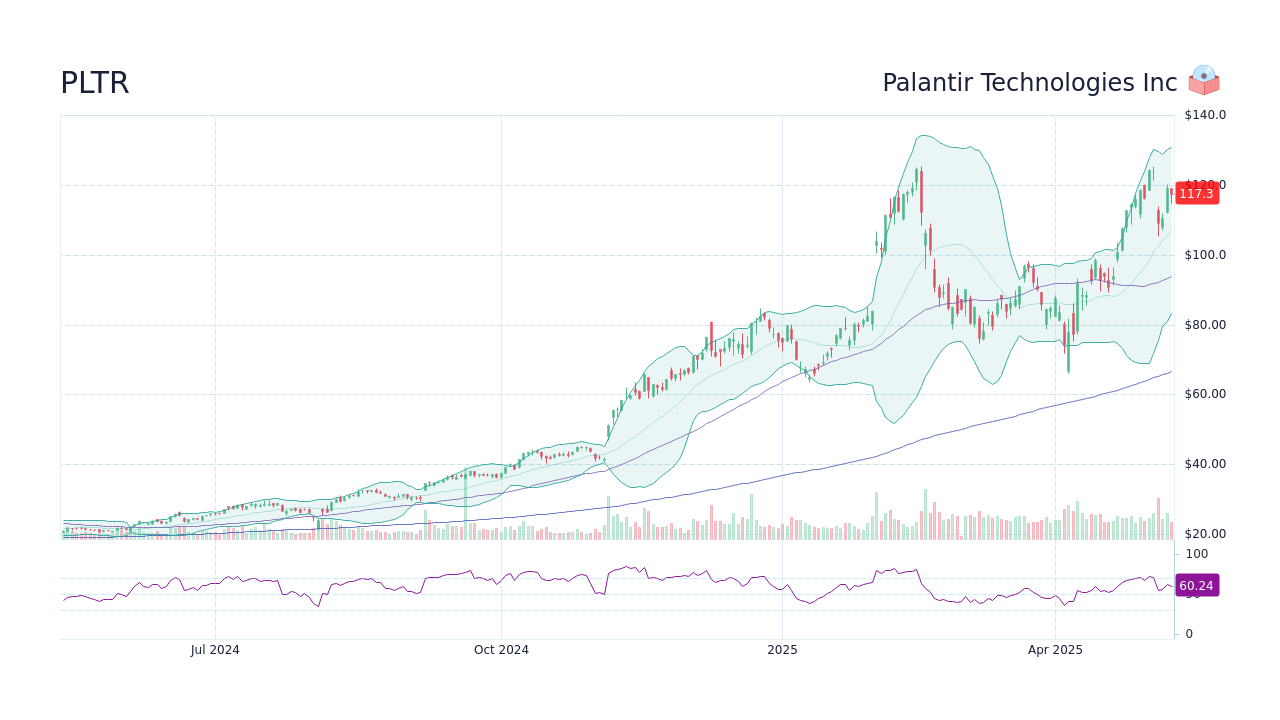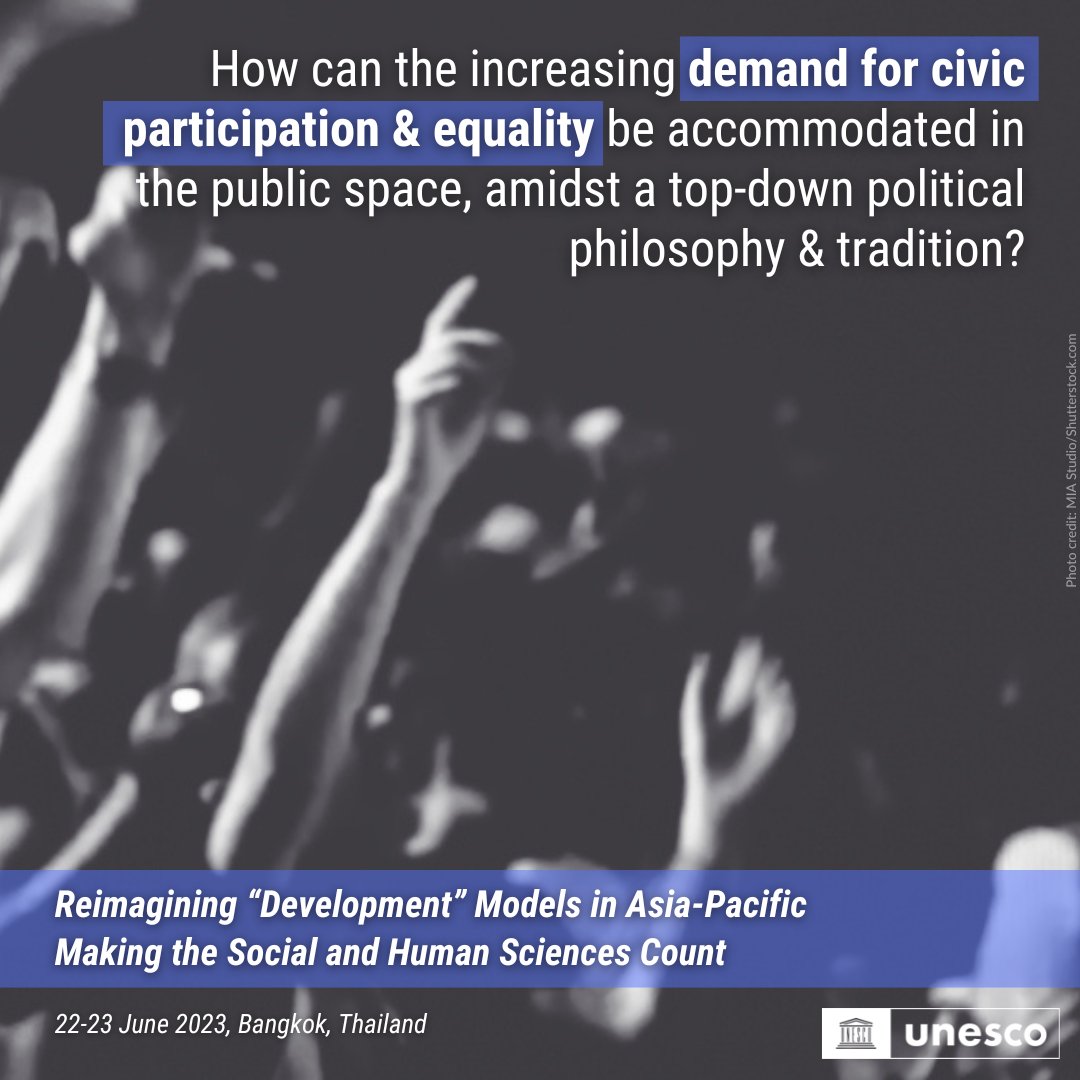Severe Mental Illness And Violence: Addressing Academic Shortcomings

Table of Contents
The Misrepresentation of Severe Mental Illness in Academic Literature
Academic literature has historically presented a skewed and oversimplified view of the relationship between severe mental illness and violence. Many studies have incorrectly linked mental illness to violence without adequately considering other crucial factors, contributing to harmful stereotypes. This misrepresentation often stems from:
- Research bias: Studies frequently focus disproportionately on specific mental illnesses, such as schizophrenia, while neglecting others. This selective focus creates an inaccurate portrayal of the overall risk.
- Methodological flaws: Many studies utilize flawed methodologies, relying on small sample sizes, inadequate control groups, and insufficient consideration of confounding variables.
- Overreliance on anecdotal evidence: Sensationalized cases of violence involving individuals with mental illness often receive disproportionate media attention, further reinforcing inaccurate perceptions.
- Insufficient attention to comorbid conditions and environmental factors: The complex interplay between mental illness, substance abuse, trauma, and social circumstances is often overlooked.
These shortcomings lead to an incomplete and inaccurate understanding of the relationship between severe mental illness and violence. The need for rigorous, nuanced research methodologies is paramount to correct this imbalance. Longitudinal studies are crucial to understanding the long-term effects of mental illness and the development of violent behavior.
The Role of Co-occurring Factors in Violence
The link between severe mental illness and violence is rarely direct. Numerous co-occurring factors significantly influence the risk of violent behavior. These include:
- Substance abuse: Substance use disorders dramatically increase the risk of violent behavior, regardless of the presence of mental illness.
- Trauma: Individuals with a history of childhood trauma, abuse, or neglect are at a significantly heightened risk of violence, and this risk can be exacerbated by the presence of mental illness.
- Social determinants of health: Socioeconomic disparities, lack of access to healthcare and social support, and exposure to violence within one’s community all contribute to the risk of violence. These factors frequently interact with mental illness in a complex and mutually reinforcing manner.
A holistic assessment that considers all these factors is essential. Ignoring the complex interplay of these co-occurring conditions leads to ineffective prevention strategies and inadequate treatment plans. Effective interventions must address the multifaceted nature of this issue.
Improving Research Methodologies and Data Collection
To accurately understand the relationship between severe mental illness and violence, substantial improvements in research methodologies and data collection are needed. This includes:
- Rigorous research designs: Future research must utilize rigorous designs that control for confounding variables such as substance abuse, trauma history, and socioeconomic status. Large-scale studies are needed to obtain statistically significant results.
- Longitudinal studies: Tracking individuals over extended periods allows researchers to observe the development of violent behavior and identify risk factors more accurately.
- Improved data collection methods: This includes the use of validated assessment tools for mental illness and violence risk assessment, as well as the inclusion of diverse populations to ensure the generalizability of findings.
- Collaboration: Effective research requires collaboration between researchers, clinicians, policymakers, and community organizations. This interdisciplinary approach is essential for translating research findings into effective policy and practice.
Implications for Policy and Practice
Addressing the academic shortcomings discussed above has significant implications for policy and practice. Evidence-based policies are needed to prevent violence and improve the lives of individuals with severe mental illness. This includes:
- Investment in community mental health services: Increased funding is crucial to ensure access to quality mental healthcare, including early intervention services and comprehensive treatment programs.
- Early intervention programs: Identifying and supporting individuals at risk of developing violent behavior is crucial. Early intervention can prevent escalation and improve outcomes.
- Improved training for law enforcement and mental health professionals: Training should focus on de-escalation techniques, crisis intervention strategies, and culturally competent care.
- Policy changes to reduce stigma and improve access to care: Reducing stigma associated with mental illness is essential to encouraging help-seeking behavior and improving access to care.
Conclusion: Moving Forward: Addressing the Academic Shortcomings of Severe Mental Illness and Violence
The relationship between severe mental illness and violence is undeniably complex and frequently misunderstood due to significant academic shortcomings. Addressing these shortcomings requires a commitment to rigorous research, comprehensive assessments, and evidence-based policies. We must move beyond simplistic narratives and embrace a nuanced understanding of the interplay between mental illness, co-occurring factors, and violence. We urge readers to engage in informed discussions, support evidence-based research initiatives, and advocate for policies that improve mental healthcare access and violence prevention. Only through a collaborative effort can we effectively address the complex issue of severe mental illness and violence and create safer, more supportive communities for all.

Featured Posts
-
 Palantir Stock Prediction Should You Buy Before May 5th
May 10, 2025
Palantir Stock Prediction Should You Buy Before May 5th
May 10, 2025 -
 Jeanine Pirros Appointment As Dc Prosecutor Trumps Influence And Fox News Reaction
May 10, 2025
Jeanine Pirros Appointment As Dc Prosecutor Trumps Influence And Fox News Reaction
May 10, 2025 -
 Transgender Rights In Thailand The Bangkok Post Reports On Increasing Demands For Equality
May 10, 2025
Transgender Rights In Thailand The Bangkok Post Reports On Increasing Demands For Equality
May 10, 2025 -
 Madhyamik Result 2025 Merit List And Toppers
May 10, 2025
Madhyamik Result 2025 Merit List And Toppers
May 10, 2025 -
 Madhyamik Pariksha Result 2025 Check Merit List Online
May 10, 2025
Madhyamik Pariksha Result 2025 Check Merit List Online
May 10, 2025
